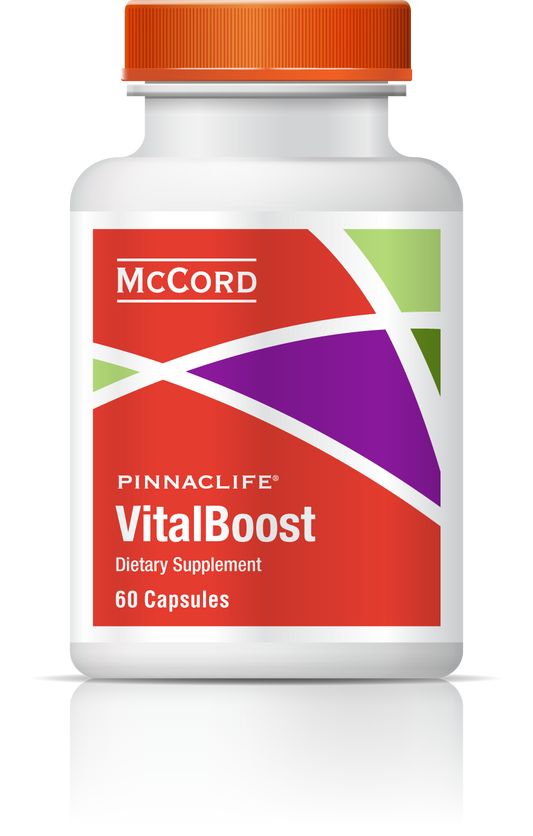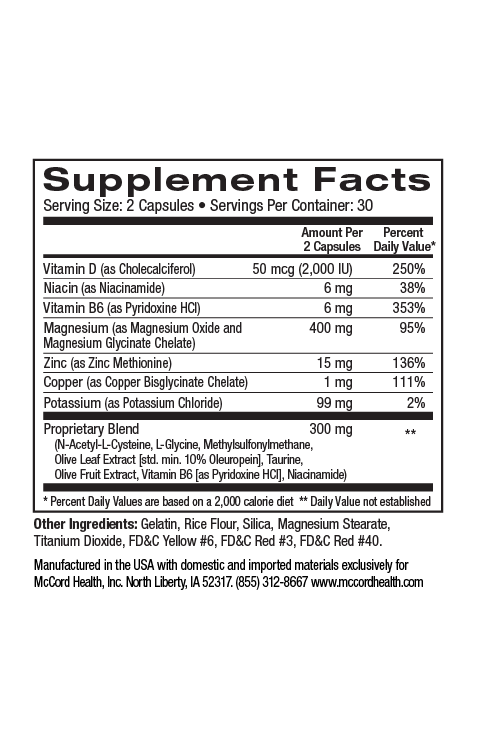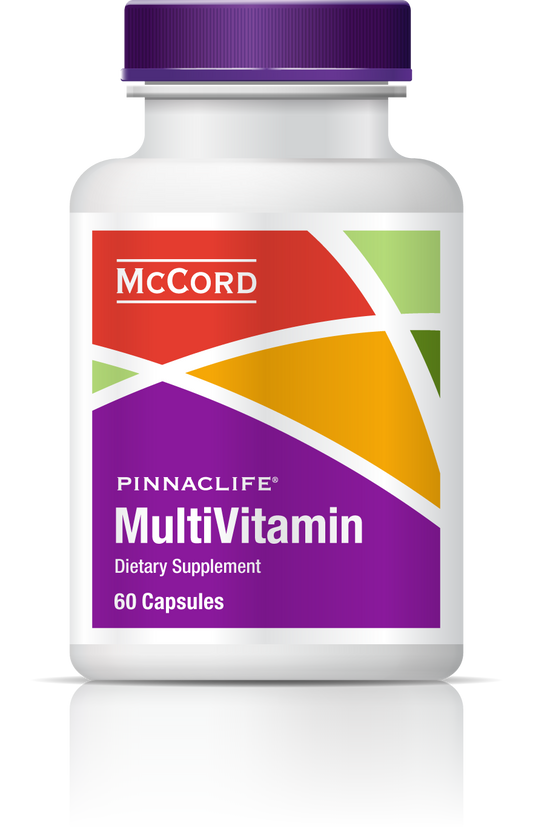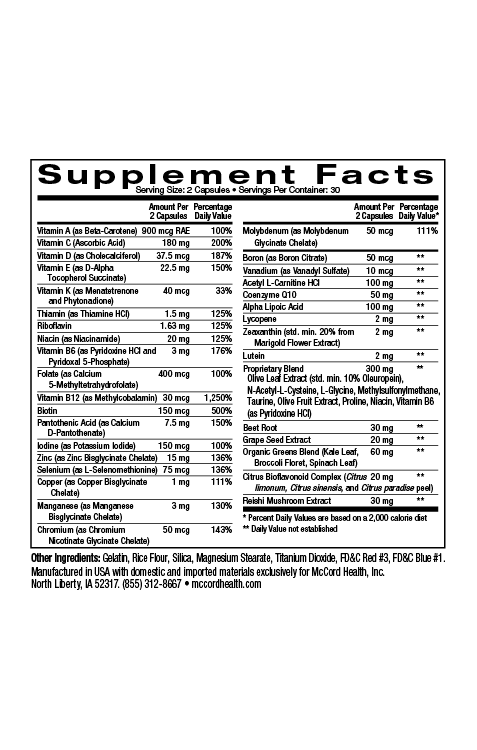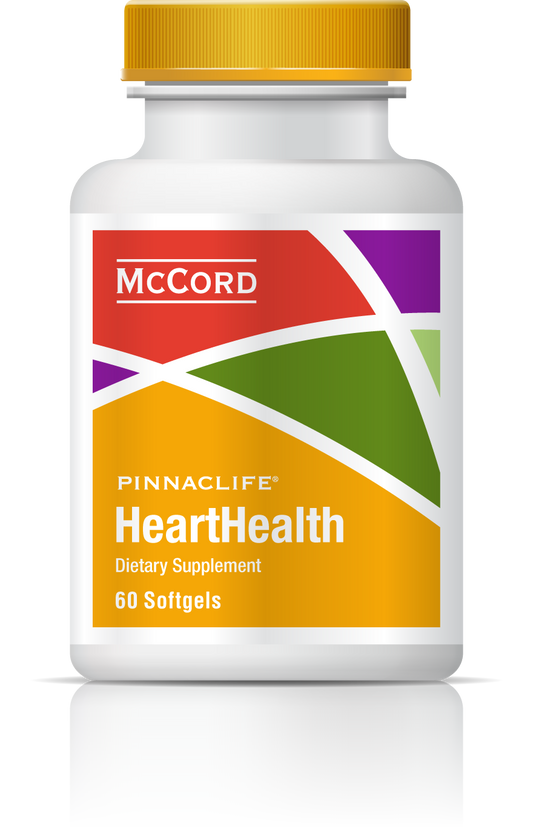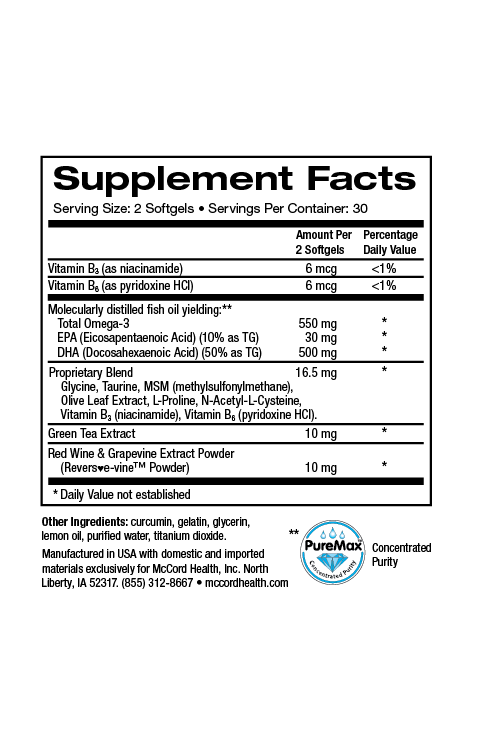Dietary fiber is linked to almost all aspects of diabetes and its complications. Increasing dietary fiber intake through food and sugar-free fiber supplements has been shown to positively impact the risk factors and complications associated with diabetes including heart disease, obesity, brain health and immune health.
- Inadequate dietary fiber is linked to almost all aspects of diabetes and its complications
- Most people do not eat enough dietary fiber
- Increasing dietary fiber has been shown to positively impact the risk factors and complications associated with diabetes
- Many popular fiber supplements contain more sugar that fiber, so picking the right one is important
Tell me More!
Dietary Fiber and Diabetes1-4
- People with diabetes have an increased risk of heart disease and high fiber diets are known to reduce cardiovascular risk5,6
- Increasing dietary fiber is known to have beneficial effects on cholesterol, triglycerides and blood glucose levels.7–9
- Long term use of low-glycemic index fiber-rich foods has been shown to improve blood glucose control and reduce the number of hypoglycemic events in people with Type-1 diabetes10
- Increasing fiber intake has been shown to lower levels of C-reactive protein (CRP), an important indicator of inflammation and increased cardiac risk, both of which are common complications of diabetes11,12
Increase Fiber Intake, Not Sugar Intake

It's easy to find products in the grocery store that advertise their high fiber content - but don't be fooled. Many of those products contain unhealthy amounts of added sugars and relatively little fiber. They are essentially candy with a small amount of fiber added to help make marketing claims.
Some of the common culprits include:
- Breakfast Cereals
- Breads and pastries
- Fiber / protein / meal replacement bars
- Fiber supplements
Be sure to check the labels for added sugars to make sure you're getting the benefits of fiber without the downside of refined sugars.
Benefits of Proprietary Blend DigestiveHealth Prebiotic Fiber
- Unlike many fiber supplements, Proprietary Blend DigestiveHealth prebiotic fiber has a low-glycemic index and is free of sugars and artificial sweeteners that can contribute to metabolic imbalances including diabetes.13–15
- Some prebiotic fibers like inulin from chicory root and fructooligosaccharides (FOS) break down into simple high-glycemic index sugars when heated or exposed to acidic foods like tomato sauce and orange juice - even your stomach acid can turn them into simple sugars!
Proprietary Blend DigestiveHealth uses non-GMO soluble vegetable fiber that has been shown to remain stable without breaking into simple sugars when heated or exposed to acidic foods, meaning that it keeps a low-glycemic index even when you cook with it.15
- Uses a slow-digesting fiber like that in Proprietary Blend DigestiveHealth can remedy the gas and bloating commonly seen with equivalent doses of rapidly fermenting fibers like inulin or FOS15,16
- Odorless, flavorless, and dissolves completely so it can be added to virtually any recipe – both foods and beverages – without altering the taste or texture
- Free of common allergens including gluten, eggs, soy, and dairy so can safely be used by people with food sensitivities
- Helps promote healthy intestinal bacteria that help improve digestion, absorption of nutrients, immune health, and inflammatory conditions while reducing the risk of developing diabetes and obesity.3,4,17–19
- The specific type of soluble prebiotic vegetable fiber used in Proprietary Blend DigestiveHealth has been shown to help maintain triglycerides, bad cholesterol, and blood sugars following a meal and help with reducing visceral fat.7–9
Proprietary Blend DigestiveHealth makes it easy to boost you and your family’s daily fiber intake. Start incorporating it into your cooking, or simply mix it in with your favorite soft foods and beverages. This is a simple and cost-effective way to help keep you and your family healthy.
References
- American Diabetes Association. Fast Facts: Data and statistics about diabetes. Online Publ. 2014:1-2. http://professional.diabetes.org/admin/UserFiles/0 - Sean/14_fast_facts_june2014_final3.pdf.
- Centers for Disease Control and Prevention. National Diabetes Statistics Report: Estimates of Diabetes and Its Burden in the United States, 2014. Atlanta, GA; 2014. http://www.cdc.gov/diabetes.
- Brownawell AM, Caers W, Gibson GR, et al. Prebiotics and the health benefits of fiber: current regulatory status, future research, and goals. J Nutr. 2012;142(5):962-974.
- Douglas LC, Sanders ME. Probiotics and prebiotics in dietetics practice. J Am Diet Assoc. 2008;108(3):510-521.
- Chandalia M, Garg A, Lutjohnann D, Bergmann K, Grundy S, Brinkley L. Beneficial Effects of High Dietary Fiber Intake in Patients with Type 2 Diabetes Mellitus. N Engl J Med. 2000;342:1392-1398.
- Streppel MT, Ocké MC, Boshuizen HC, Kok FJ, Kromhout D. Dietary fiber intake in relation to coronary heart disease and all-cause mortality over 40 y: the Zutphen Study. Am J Clin Nutr. 2008;88(4):1119-1125.
- Kishimoto Y, Wakabayashi S, Tokunaga K. Effects of Long-term Administration of Indigestible Dextrin on Visceral Fat Accumulation. J Jpn Assoc Diet Fiber Res. 2000;4(2):59-65.
- Shen H, He L, Price RL, Fernandez ML. Dietary Soluble Fiber Lowers Plasma LDL Cholesterol Concentrations by Altering Lipoprotein Metabolism in Female Guinea Pigs 1 , 2. J Nutr. 1998;(May):1434-1441.
- Brown L, Rosner B, Willett WW, Sacks FM. Cholesterol-lowering effects of dietary fiber: a meta-analysis. Am J Clin Nutr. 1999;69(1):30-42.
- Rosalba Giacco, Mario Parillo, Angela A. Rivellese, Giovanni Lasorella, Angela Giacco, Lucia D’ Episcopo GR. Long-Term Dietary Treatment With Increased Amounts of Fiber-Rich Low – Glycemic Index Natural Foods Improves Blood Glucose Control and Reduces the Number of Hypoglycemic Events in Type 1 Diabetic Patients. Diabetes Care. 2000;23(10):1461-1466.
- Ajani UA, Ford ES, Mokdad AH. Dietary Fiber and C-Reactive Protein : Findings from National Health and Nutrition Examination Survey Data. J Nutr. 2004;(January):1181-1185.
- Basu A, Devaraj S, Jialal I. Dietary factors that promote or retard inflammation. Arterioscler Thromb Vasc Biol. 2006;26(5):995-1001.
- Swithers SE. Artificial Sweeteners Produce the Counterintuitive Effect of Inducing Metabolic Derangements. Trends Endocrinol Metab. 2013;24(9):431-441.
- Greenwood DC, Threapleton DE, Evans CEL, et al. Association between sugar-sweetened and artificially sweetened soft drinks and type 2 diabetes: systematic review and dose-response meta-analysis of prospective studies. Br J Nutr. 2014;112(5):725-734.
- Goda T, Kajiya Y, Suruga K, Tagami H, Livesey G. Availability, fermentability, and energy value of resistant maltodextrin: modeling of short-term indirect calorimetric measurements in healthy adults. Am J Clin Nutr. 2006;83(6):1321-1330.
- Kishimoto Y, Kanahori S, Sakano K, Ebihara S. The maximum single dose of resistant maltodextrin that does not cause diarrhea in humans. J Nutr Sci Vitaminol (Tokyo). 2013;59(4):352-357.
- Moreno-Indias I, Cardona F, Tinahones FJ, Queipo-Ortuño MI. Impact of the gut microbiota on the development of obesity and type 2 diabetes mellitus. Front Microbiol. 2014;5:190.
- Miyazato S, Nakagawa C, Kishimoto Y, Tagami H, Hara H. Promotive effects of resistant maltodextrin on apparent absorption of calcium, magnesium, iron and zinc in rats. Eur J Nutr. 2010;49(3):165-171.
- Flickinger EA, Wolf BW, Garleb KA, et al. Glucose-Based Oligosaccharides Exhibit Different In Vitro Fermentation Patterns and Affect In Vivo Apparent Nutrient Digestibility and Microbial Populations in Dogs. Nutr Metab. 2000;(February):1267-1273.
Disclaimer: These statements have not been reviewed by the FDA. These products are dietary supplements and are not intended to treat, cure, or prevent any disease. The decision to use these products should be discussed with a trusted healthcare provider. The authors and the publisher of this work have made every effort to use sources believed to be reliable to provide information that is accurate and compatible with the standards generally accepted at the time of publication. The authors and the publisher shall not be liable for any special, consequential, or exemplary damages resulting, in whole or in part, from the readers’ use of, or reliance on, the information contained in this article. The publisher has no responsibility for the persistence or accuracy of URLs for external or third party Internet websites referred to in this publication and does not guarantee that any content on such websites is, or will remain, accurate or appropriate.

